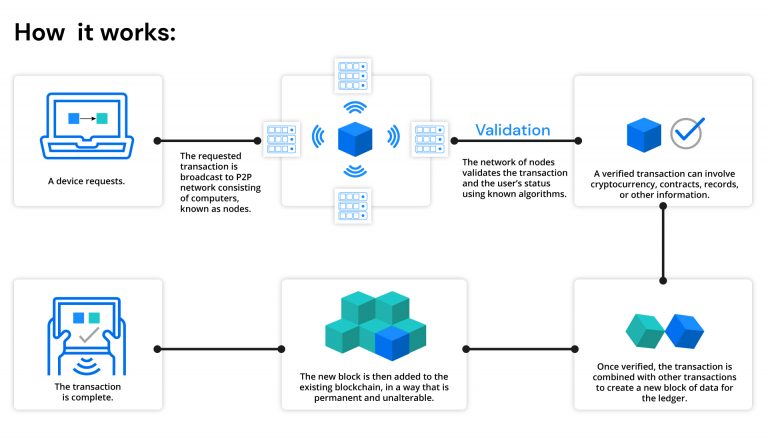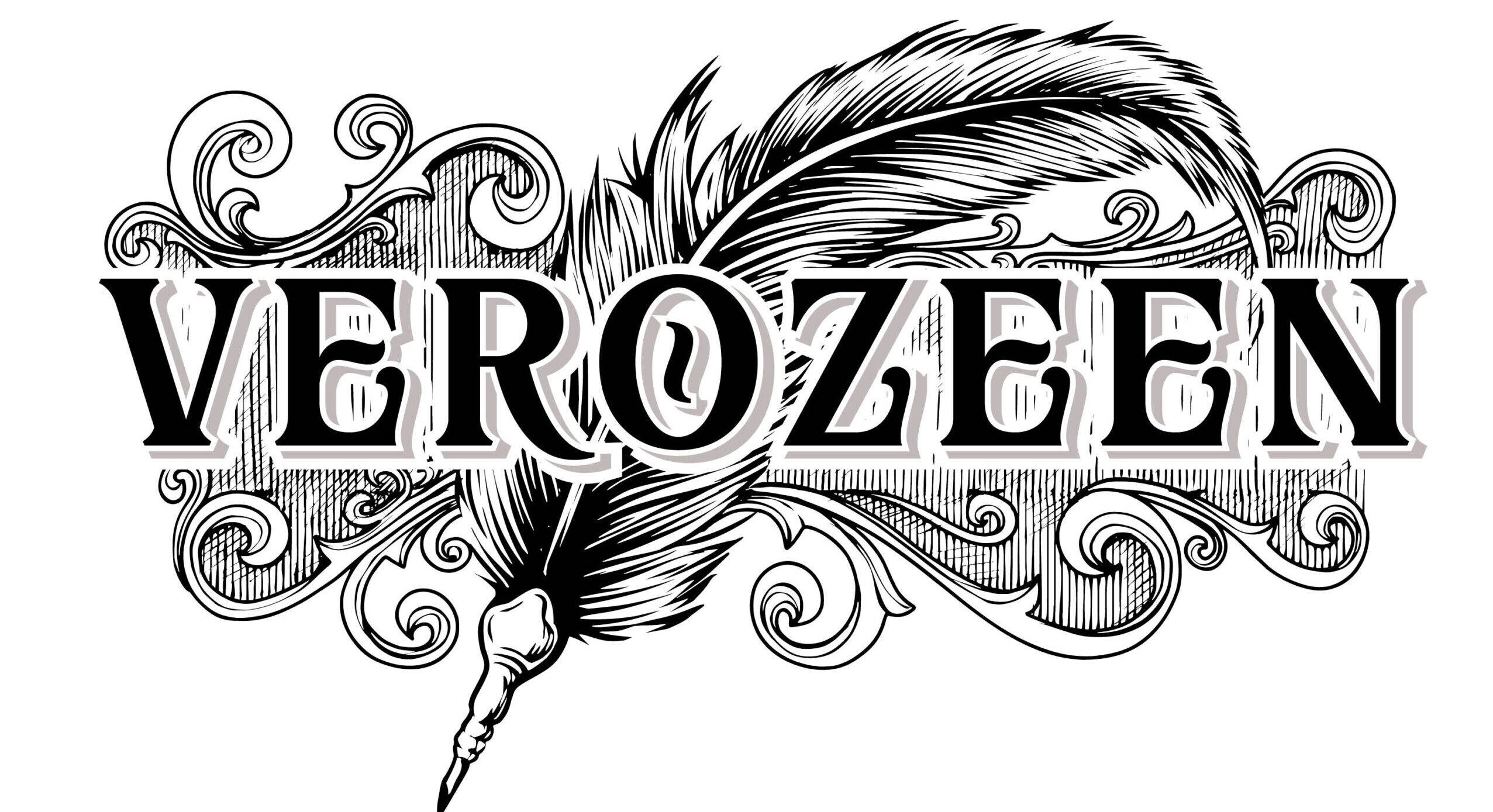Blockchain technology has garnered immense attention over the past decade, primarily due to its association with cryptocurrencies like Bitcoin and Ethereum. However, the potential of blockchain extends far beyond digital currencies. This blog post will explore what blockchain is, how it works, and its diverse applications across various industries.
What is Blockchain?
At its core, a blockchain is a decentralized and distributed digital ledger that records transactions across multiple computers. This ensures that the recorded transactions cannot be altered retroactively, providing a secure and transparent way to track and verify digital transactions.
How Does Blockchain Work?

- Blocks: A blockchain is composed of a series of blocks. Each block contains a list of transactions.
- Chain: These blocks are linked together to form a chain. Each block contains a unique code called a cryptographic hash, which is generated from the data within the block and the hash of the previous block.
- Decentralization: Unlike traditional centralized databases, blockchain is decentralized. This means that no single entity has control over the entire blockchain. Instead, a network of computers, known as nodes, maintains and verifies the ledger.
- Consensus Mechanisms: To ensure the integrity and accuracy of the transactions, blockchain relies on consensus mechanisms, such as Proof of Work (PoW) or Proof of Stake (PoS). These mechanisms require participants (miners or validators) to solve complex mathematical problems or hold a certain amount of cryptocurrency to validate transactions.
Key Features of Blockchain
- Immutability: Once a transaction is recorded on the blockchain, it cannot be altered or deleted. This ensures the integrity and trustworthiness of the data.
- Transparency: All transactions on the blockchain are visible to all participants, providing transparency and reducing the risk of fraud.
- Security: Blockchain uses advanced cryptographic techniques to secure data, making it highly resistant to hacking and unauthorized access.
- Decentralization: The decentralized nature of blockchain eliminates the need for intermediaries, reducing costs and increasing efficiency.
Applications of Blockchain Beyond Cryptocurrency
- Supply Chain Management Blockchain can enhance transparency and traceability in supply chains. By recording every transaction on a decentralized ledger, companies can track the movement of goods from production to delivery. This can help identify inefficiencies, prevent fraud, and ensure the authenticity of products.
- Healthcare Blockchain can revolutionize healthcare by providing secure and immutable patient records. This ensures that medical data is accurate, up-to-date, and accessible only to authorized personnel. It can also streamline processes like clinical trials, drug supply chains, and patient consent management.
- Voting Systems Blockchain can enhance the integrity and security of voting systems. By creating a transparent and tamper-proof ledger of votes, blockchain can prevent election fraud and ensure that every vote is accurately counted. This can increase public trust in the electoral process.
- Intellectual Property Blockchain can help protect intellectual property rights by providing a verifiable record of ownership and usage. Artists, musicians, and writers can register their work on a blockchain, ensuring that their creations are securely attributed and their rights are protected.
- Real Estate Blockchain can simplify real estate transactions by providing a transparent and secure ledger of property ownership and transfer. This can reduce the risk of fraud, speed up the transaction process, and lower costs associated with intermediaries.
- Finance and Banking Blockchain can improve the efficiency and security of financial transactions. It can facilitate cross-border payments, reduce the risk of fraud, and streamline processes like loan origination and identity verification. Smart contracts on blockchain can automate and enforce agreements, reducing the need for intermediaries.
- Education Blockchain can provide secure and verifiable records of educational achievements. Students can store their diplomas, certificates, and transcripts on a blockchain, making it easy for employers and institutions to verify their qualifications.
- Energy Management Blockchain can enable peer-to-peer energy trading and improve the efficiency of energy grids. Households with solar panels can sell excess energy directly to neighbors, creating a decentralized and sustainable energy network.
- Charity and Aid Blockchain can increase transparency and accountability in charitable donations and aid distribution. Donors can track how their contributions are used, ensuring that funds reach the intended recipients and projects.
- Decentralized Applications (DApps) Blockchain enables the development of decentralized applications (DApps) that operate without a central authority. These applications can provide services like social networking, file storage, and marketplace transactions, offering users more control over their data and interactions.
The Road Ahead for Blockchain
Blockchain technology holds immense potential to transform various sectors by providing transparency, security, and efficiency. As we move forward, it’s exciting to see how blockchain will continue to unlock new possibilities beyond cryptocurrency.
Stay tuned for more updates and insights on blockchain and its applications. If you enjoyed this post, don’t forget to subscribe to our blog for the latest news and trends in the tech world!






